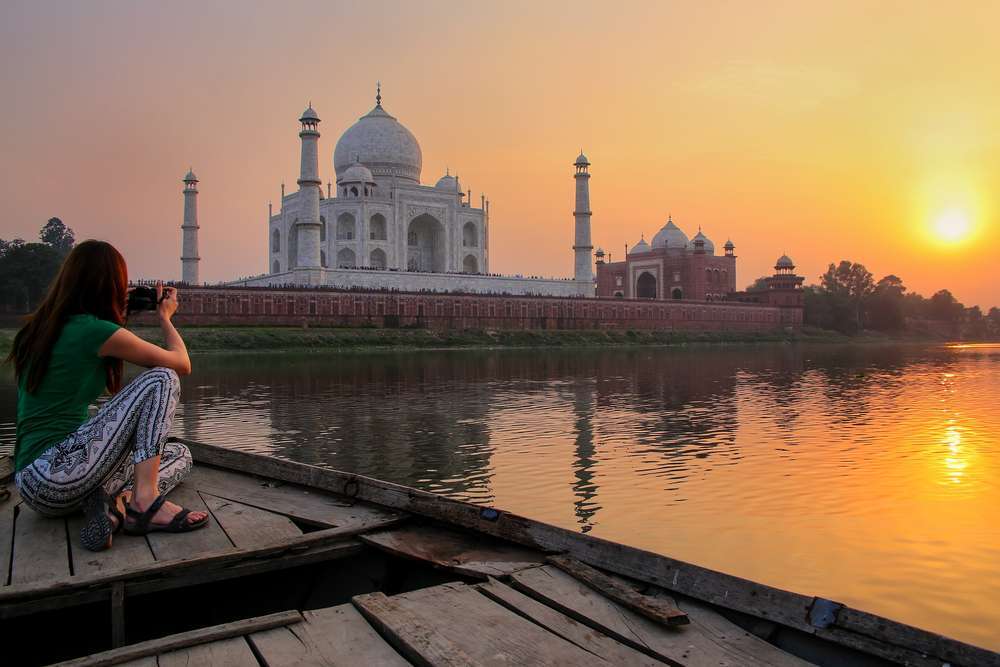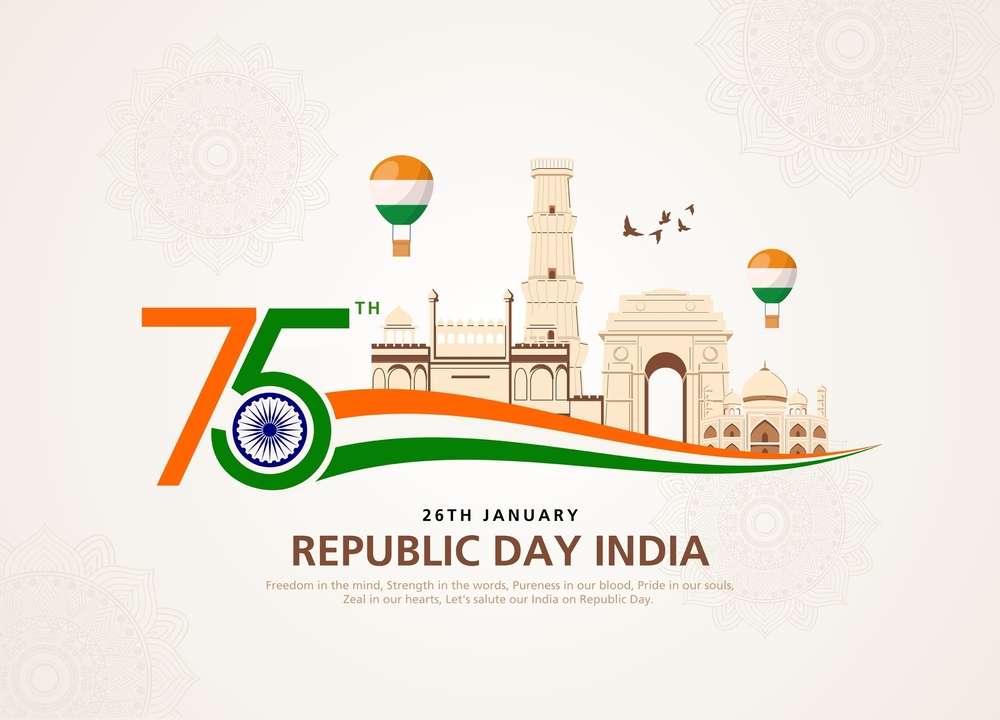Traveling to India is an enriching experience filled with vibrant colors, diverse landscapes, and a tapestry of cultures. However, travelers need to approach their journey with mindfulness and cultural sensitivity to ensure a meaningful and respectful interaction with the local communities. In this article, we’ll delve into the concept of mindful travel and explore how travelers can embrace cultural sensitivity while exploring the captivating sights and sounds of India.
Understanding Mindful Travel
Mindful travel goes beyond sightseeing; it’s about immersing oneself in the destination, respecting local customs and traditions, and fostering meaningful connections with the communities visited. It involves cultivating awareness, empathy, and respect for the cultural, social, and environmental contexts of the places one visits. In India, a country renowned for its rich cultural heritage and diversity, practicing mindful travel is essential for fostering positive interactions and preserving the integrity of local communities.
INDIAN VISA FOR ARUBA CITIZENS
Cultural Sensitivity in India
India’s cultural landscape is as diverse as it is vast, encompassing a multitude of languages, religions, cuisines, and traditions. To navigate this cultural mosaic with sensitivity and respect, travelers should keep the following considerations in mind:
Dress Code: India is a conservative country where modesty in dress is highly valued, especially in religious and rural areas. Travelers are advised to dress modestly, covering their shoulders and knees, particularly when visiting temples, mosques, and other sacred sites. Avoid wearing revealing clothing or clothing with offensive slogans or symbols out of respect for local customs and beliefs.
Greetings and Gestures: Greetings are an important part of Indian culture, and travelers should greet locals with a respectful “Namaste” or “Namaskar” rather than a handshake, especially when meeting elders or religious figures. Avoid pointing with your fingers or showing the soles of your feet, as these gestures can be considered disrespectful in Indian culture.
Respect for Sacred Sites: India is home to numerous sacred sites, including temples, mosques, and gurudwaras, which hold profound religious and cultural significance for the local communities. When visiting these sites, travelers should observe the rules and rituals prescribed, such as removing shoes before entering, covering one’s head, and refraining from photography in sensitive areas. Show reverence and respect for the sanctity of these places, refraining from loud conversations or disruptive behavior.
Cuisine and Dining Etiquette: Indian cuisine is renowned for its rich flavors and diverse regional variations. When dining in India, travelers should embrace the local culinary traditions, be open to trying new dishes, and respect the dietary restrictions or preferences of their hosts. Use your right hand for eating, as eating with the left hand is considered impolite in Indian culture. Avoid wasting food and refrain from drinking tap water unless it has been properly purified.
Public Behavior: Indian society places a strong emphasis on politeness, humility, and restraint in public interactions. Avoid raising your voice or displaying anger in public, as this can be perceived as confrontational. Be patient and respectful in your interactions with locals, even in challenging situations, and maintain a calm and composed demeanor.
Environmental Conservation: India’s natural landscapes are under increasing pressure due to tourism and development. Travelers should strive to minimize their environmental impact by practicing responsible tourism behaviors such as reducing waste, conserving water and energy, and respecting wildlife and natural habitats. Support eco-friendly initiatives and sustainable tourism practices that promote environmental conservation and community empowerment.
INDIAN VISA FOR BAHAMAS CITIZENS
Embracing Cultural Immersion
Mindful travel in India offers travelers the opportunity to immerse themselves in the rich tapestry of Indian culture, history, and traditions. By embracing cultural sensitivity, travelers can forge meaningful connections with locals, gain a deeper understanding of the country’s heritage, and create lasting memories of their journey. Here are some tips for embracing cultural immersion in India:
Participate in Cultural Experiences: Take part in cultural activities and festivals to gain insights into Indian traditions and customs. Whether it’s attending a traditional dance performance, participating in a cooking class, or joining a religious ceremony, engaging in local cultural experiences allows travelers to connect with the essence of India’s cultural heritage.
Learn the Local Language: While English is widely spoken in urban areas, learning a few basic phrases in the local language can go a long way in fostering rapport with locals and showing respect for their culture. Practice common greetings, expressions, and pleasantries to break the ice and communicate more effectively with the people you encounter.
Explore Off the Beaten Path: Venture beyond the tourist hotspots and explore lesser-known destinations to discover hidden gems and authentic experiences. Whether it’s exploring remote villages, trekking through scenic landscapes, or interacting with indigenous communities, exploring off the beaten path allows travelers to experience the true essence of India’s cultural diversity.
Engage with Locals: Strike up conversations with locals, listen to their stories, and learn about their way of life. Whether it’s chatting with shopkeepers at a bustling market, sharing a meal with a local family, or participating in a community project, engaging with locals fosters mutual understanding and creates opportunities for meaningful cultural exchange.
Conclusion
Mindful travel in India is about more than just ticking off bucket list destinations; it’s about immersing oneself in the rich tapestry of India’s cultural heritage, forging genuine connections with locals, and embracing the diversity and complexity of the country’s social fabric. By approaching their journey with mindfulness, empathy, and cultural sensitivity, travelers can create meaningful experiences, foster mutual respect, and leave a positive impact on the communities they visit. So, pack your bags, open your heart, and embark on a journey of cultural exploration and discovery in the enchanting landscapes of India.
More articles: The Power of Networking: Building Professional Relationships in India






